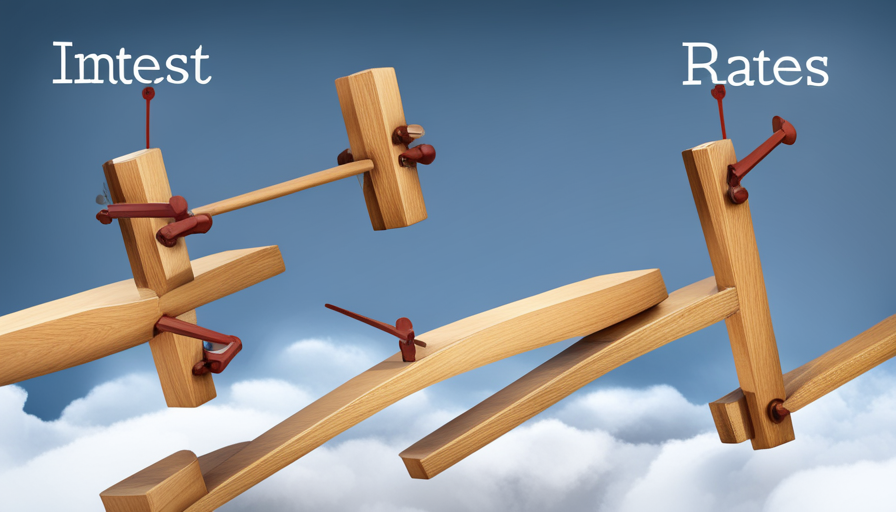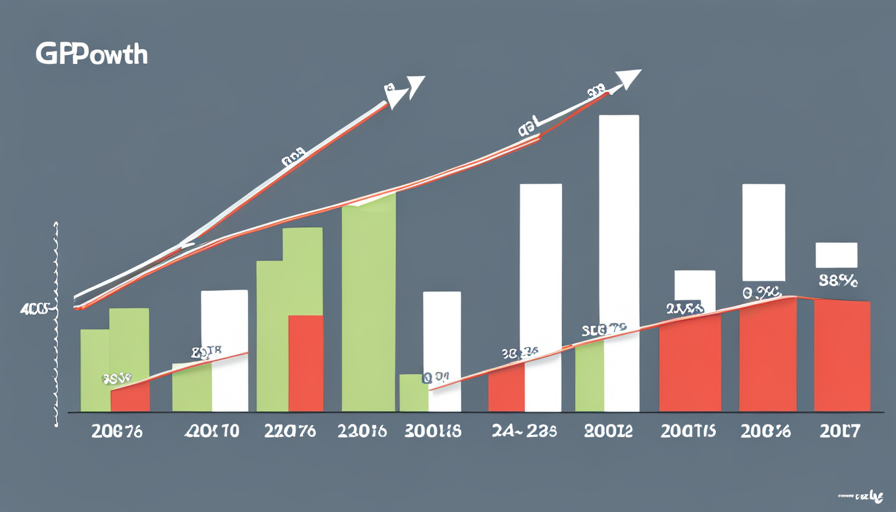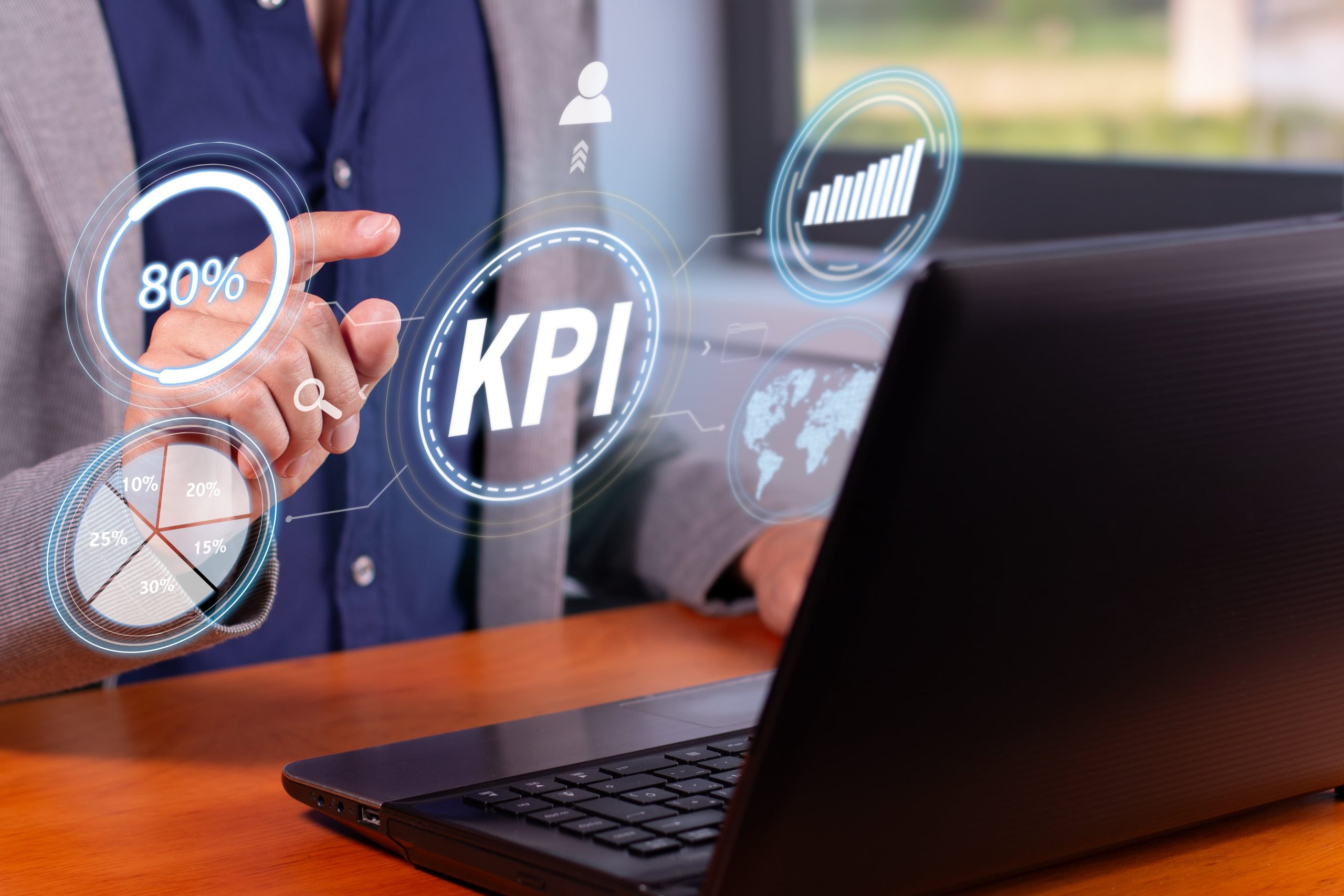So, you’ve decided to dip your toes into the world of real estate investment? Well, brace yourself, because it’s not all sunshine and rainbows.
In fact, there are a plethora of economic factors that can impact the risks associated with investing in real estate. From interest rates to inflation, GDP growth to unemployment rates, and even global economic factors, each plays a significant role in determining the level of risk you’ll face as an investor.
Understanding these economic factors and their effects on real estate investments is crucial if you want to navigate the market successfully. So, let’s delve into the impact of economic factors on real estate investment risks and equip you with the knowledge and tools to make informed decisions.
Interest Rates and Real Estate Risks

Interest rates directly affect the level of risk involved in real estate investments. Understanding the impact of interest rate fluctuations on real estate market stability is crucial for investors seeking to mitigate risks and make informed decisions.
When interest rates rise, borrowing costs increase, making it more expensive for potential buyers to finance the purchase of properties. This can lead to a decrease in demand for real estate, resulting in a decline in property prices. Conversely, when interest rates decrease, borrowing costs become more affordable, leading to increased demand and potentially driving up property prices.
Moreover, interest rates also play a significant role in determining the profitability of real estate investments. Higher interest rates can impact the affordability of mortgage payments and rental yields, potentially reducing the potential cash flow generated by a property. This can increase the risk of financial strain for property owners, especially if they heavily rely on rental income to cover expenses.
Additionally, interest rate fluctuations can impact the overall stability of the real estate market. Sharp increases in interest rates can lead to a decrease in property values and sales activity, potentially causing market instability. On the other hand, a prolonged period of low-interest rates may create an environment of excessive speculation and asset bubbles, which can also introduce risks to the market.
Inflation and Its Effects on Real Estate Investments

When it comes to real estate investments, you need to consider the impact of inflation on your portfolio. Inflationary pressures can have significant effects on the real estate market, particularly in terms of rental market dynamics. Here are five key points to understand:
– Decreased purchasing power: Inflation erodes the value of money over time, which means that the same amount of money will buy less in the future. This can affect rental property owners as they may struggle to maintain profitability if rental income fails to keep pace with inflation.
– Increased construction costs: Inflation can drive up the cost of construction materials, labor, and other inputs. This can make it more expensive to build new properties or undertake renovations, potentially reducing the supply of rental units and increasing rental prices.
– Impact on interest rates: Inflation can lead to higher interest rates, which can make borrowing more expensive for real estate investors. Higher interest rates can lower the demand for investment properties and potentially reduce property values.
– Demand for real assets: Inflationary pressures often drive investors to seek out real assets, such as real estate, as a hedge against inflation. This increased demand can drive up property prices and rental income, benefiting real estate investors.
– Rent escalation clauses: In anticipation of inflation, rental agreements often include rent escalation clauses that allow landlords to increase rents over time. These clauses help landlords protect their rental income from the effects of inflation.
Understanding the impact of inflation on real estate investments is essential for investors to make informed decisions and effectively manage their portfolios. By considering the various factors at play, investors can position themselves to navigate the challenges and opportunities that inflation presents in the real estate market.
GDP Growth and Real Estate Investment Risks

To further understand the impact of economic factors on real estate investment risks, it is important for you to consider the effects of GDP growth on your portfolio. GDP growth is a key indicator of economic activity and can have a significant influence on the performance of the real estate market. A strong correlation exists between economic indicators, such as GDP growth, and real estate investment risks.
When GDP is growing, it indicates a healthy and expanding economy, which generally leads to increased demand for real estate. This increased demand can drive up property prices and rental rates, making real estate investments more attractive. On the other hand, during periods of economic contraction or recession, GDP growth slows down, leading to a decrease in demand for real estate and potentially lower property values.
To better understand the relationship between GDP growth and real estate investment risks, let’s take a look at the following table:
| GDP Growth Rate | Real Estate Market Performance |
|---|---|
| High | Strong and Positive |
| Moderate | Stable |
| Low | Weak and Negative |
As shown in the table, a high GDP growth rate is generally associated with a strong and positive real estate market performance, while a low GDP growth rate is associated with weak and negative real estate market performance. Moderate GDP growth typically results in a stable real estate market.
Unemployment Rates and Real Estate Market Volatility

You should be aware of how unemployment rates can impact real estate market volatility. Unemployment rates have a direct relationship with housing demand and rental market fluctuations. Here are five key points to consider:
– High unemployment rates can lead to a decrease in housing demand as individuals may struggle to afford homeownership. This can result in a surplus of available properties and a decrease in property values.
– Conversely, low unemployment rates can increase housing demand as individuals have more secure employment and are more likely to invest in homeownership. This can lead to an increase in property values and potential shortages in the housing market.
– Unemployment rates can also impact the rental market. During periods of high unemployment, individuals may be more likely to opt for renting instead of buying a property. This can increase rental demand and potentially drive up rental prices.
– However, during periods of low unemployment, individuals may have more financial stability and be more inclined to purchase a property instead of renting. This can lead to a decrease in rental demand and potentially lower rental prices.
– It’s important for real estate investors to closely monitor unemployment rates as they can provide valuable insights into the potential volatility of the housing market and rental market. By understanding the relationship between unemployment rates and real estate, investors can make more informed decisions and mitigate investment risks.
Global Economic Factors and Real Estate Investment Risks

Global economic factors significantly influence real estate investment risks.
One of the key global economic factors that can impact real estate investment is a global economic downturn. During such downturns, economic activity slows down, leading to reduced demand for real estate properties and increased vacancy rates. This can result in lower rental incomes and potential financial losses for real estate investors.
Currency fluctuations are another important global economic factor that can affect real estate investment risks. When there are significant fluctuations in currency exchange rates, it can impact the purchasing power of international investors. For example, if the local currency weakens against the investor’s home currency, it can make real estate investments more expensive for them. On the other hand, if the local currency strengthens, it can make real estate investments more attractive.
Understanding these global economic factors and their potential impact on real estate investment risks is crucial for investors. By closely monitoring the global economic climate and exchange rate movements, investors can make more informed decisions and mitigate potential risks.
Additionally, diversifying investments across different countries and currencies can help reduce exposure to any one particular economic downturn or currency fluctuation.
Conclusion
You’ve analyzed the impact of economic factors on real estate investment risks, and the results are clear.
Interest rates play a crucial role in determining the level of risk in the market.
Inflation can significantly affect the value of real estate investments, making them more or less risky.
GDP growth is closely linked to the performance of the real estate market, and fluctuations in unemployment rates can lead to increased volatility.
Finally, global economic factors can have far-reaching consequences for real estate investors.
Make informed decisions based on these key indicators to mitigate risks and maximize returns.





